Pakistan blocks 16 Indian YouTube channels over 'propaganda' as tensions soar
PTA says platforms were spreading ‘misleading and harmful narratives’ aimed at manipulating public perception in Pakistan

Javed Hussain
Correspondent
I have almost 20 years of experience in print, radio, and TV media. I started my career with "Daily Jang" after which I got the opportunity to work in FM 103, Radio Pakistan, News One, Ab Tak News, Dawn News TV, Dunya News, 92 News and regional channels Rohi TV, Apna Channel and Sach TV where I worked and gained experience in different areas of all three mediums. My journey from reporting to news anchor in these organisations was excellent. Now, I am working as a correspondent with Nukta in Islamabad, where I get the opportunity of in-depth journalism and storytelling while I am now covering parliamentary affairs, politics, and technology.
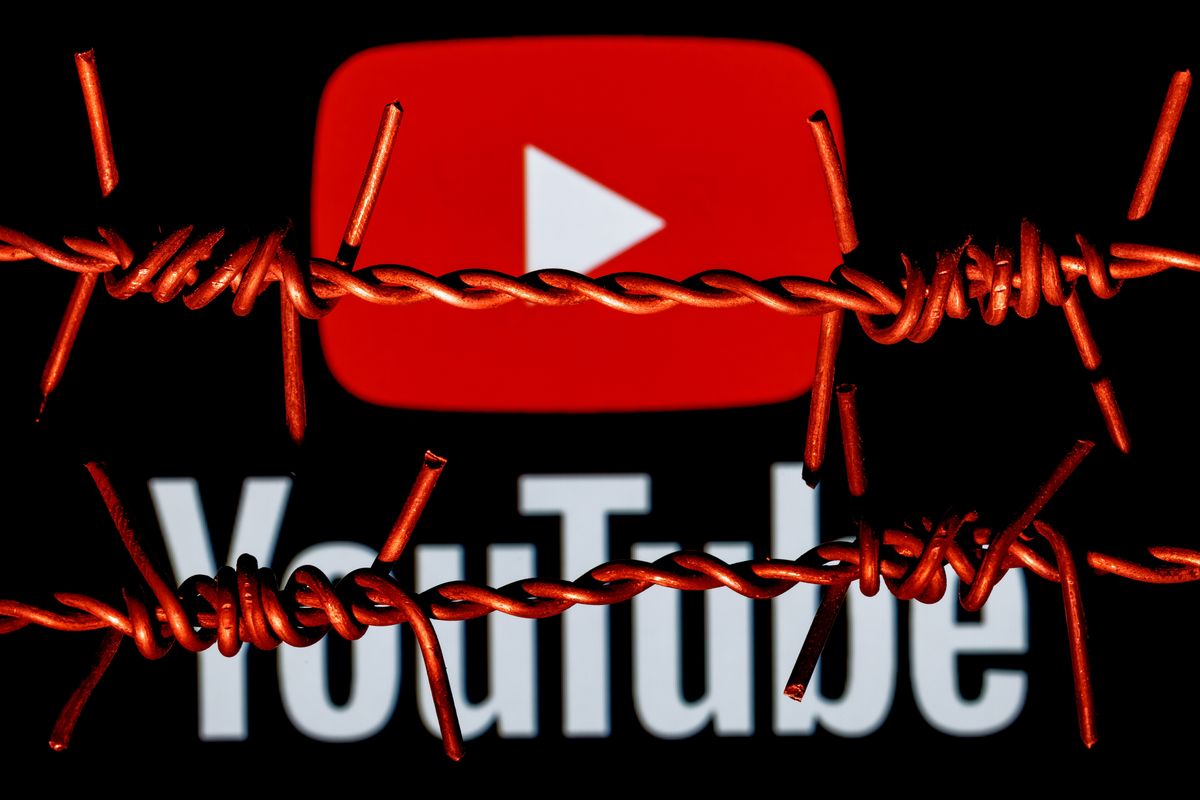
Misleading content was targeting public perception and national unity, according to PTA.
Shutterstock
Pakistan blocked on Wednesday 16 Indian YouTube news channels, 31 video links and 32 websites, citing the dissemination of false information and anti-Pakistan propaganda as tensions between the two nuclear-armed neighbors reached a boiling point.
The move comes in the wake of deadly cross-border hostilities that have left at least 26 people dead in Pakistan’s Punjab province and Pakistan-administered Kashmir and prompted Pakistan’s National Security Committee (NSC) to authorize military retaliation.
A local official Azhar Majid told AFP that at least 12 people were killed and 29 others wounded in Poonch in Indian-administered Kashmir in Pakistan's retaliatory response.
In a statement, the Pakistan Telecommunication Authority (PTA) said the banned digital platforms were found spreading “misleading and harmful narratives” that sought to manipulate public perception and destabilize national unity. It described the decision as necessary to protect Pakistan’s digital ecosystem and safeguard national security.
The PTA said it remains committed to ensuring a secure and trustworthy internet environment and will continue to monitor and take firm action against content deemed threatening to national interests.
- YouTubeyoutube.com
Escalating tensions
The action follows Indian air and missile strikes in multiple Pakistani and Pakistan-administered Kashmir cities late Tuesday night, which Islamabad called the worst flare-up in more than two decades.
Pakistan’s military said it shot down five Indian aircraft during the strikes and vowed to respond “at a time, place, and manner of its choosing.” The government described the Indian strikes as “cowardly and unlawful acts of war”.
India said it had targeted nine “terrorist infrastructure” sites in retaliation for an April 22 militant attack in Indian-administered Kashmir that killed 26 tourists. It claimed the sites had links to Pakistani-based militant groups.
Islamabad has denied harboring militants and said it offered a transparent investigation into the Kashmir attack, which it said New Delhi ignored.
Right to self-defense
On Wednesday, Prime Minister Shehbaz Sharif chaired a meeting of the National Security Council (NSC), which condemned India’s actions and reaffirmed Pakistan’s right to self-defense under Article 51 of the U.N. Charter.
- YouTubewww.youtube.com
A statement from the Prime Minister’s Office said the Indian military used missiles, drones and aircraft to target civilian areas, including mosques and infrastructure in Sialkot, Muridke, Bahawalpur, Kotli and Muzaffarabad.
The NSC called the Indian military strikes a “heinous and shameful crime” and a “naked violation” of international law and Pakistani sovereignty. The forum said India bore full responsibility for any further escalation and consequences.
“India, against all sanity and rationality, has once again ignited an inferno in the region,” the statement said.
The Pakistani government also urged the international community to hold India accountable and reiterated its commitment to peace “with dignity and honor”.
The crackdown mirrors India’s restrictions on Pakistani digital platforms.
On April 28, the Indian government banned 16 Pakistani YouTube channels, including prominent mainstream outlets such as Dawn News, SAMAA TV, ARY News, BOL News and Geo News. Other banned channels included those run by independent journalists and commentators.
India accused the channels of spreading “provocative and communally sensitive content” and misinformation targeting its armed forces and security agencies. It also issued a formal objection to BBC India over its coverage of the Kashmir attack.


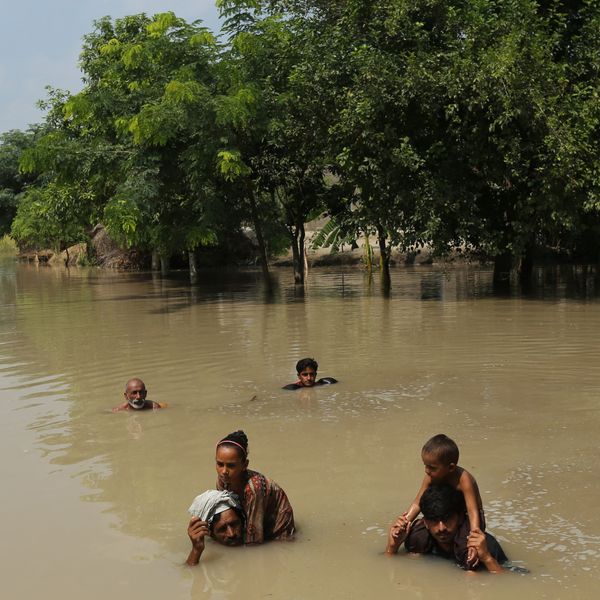
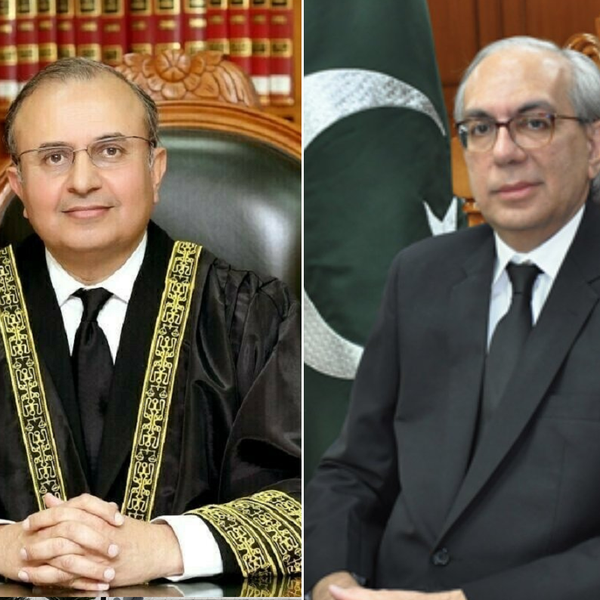
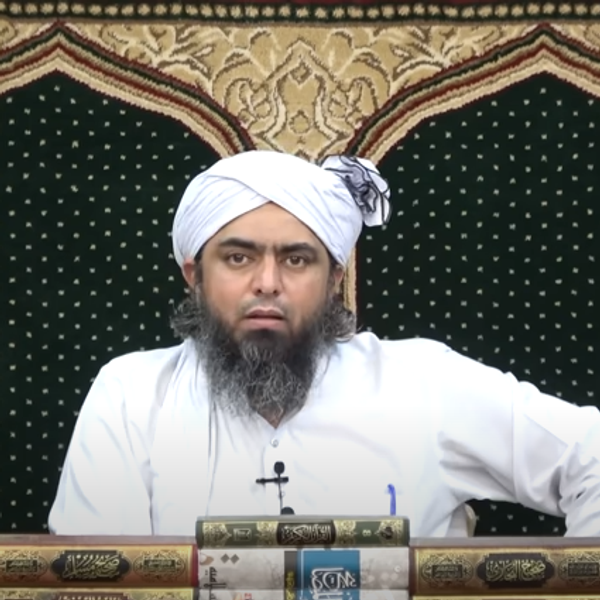
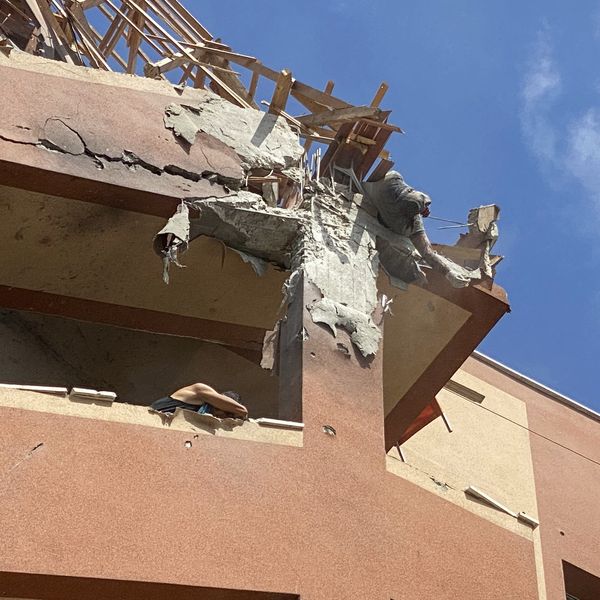




Comments
See what people are discussing